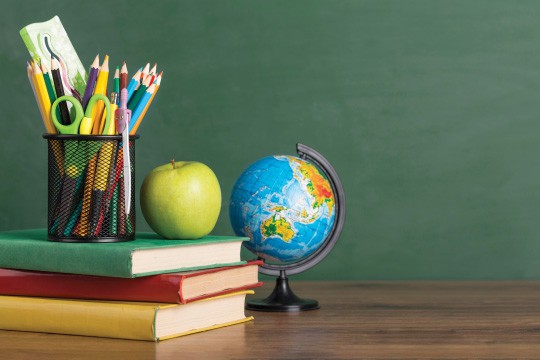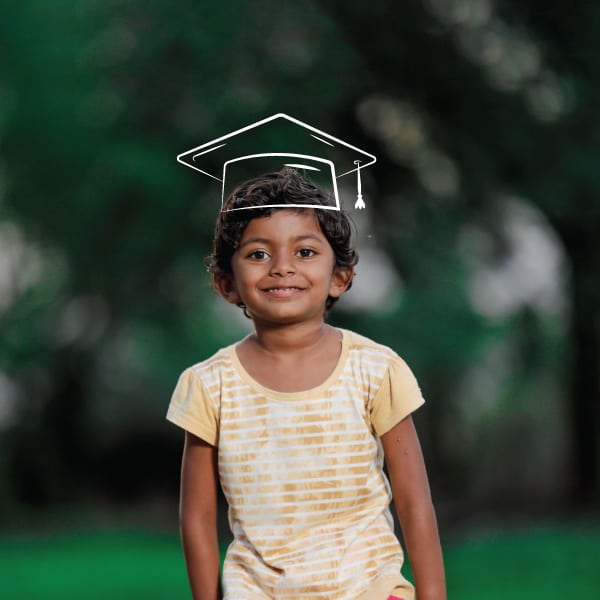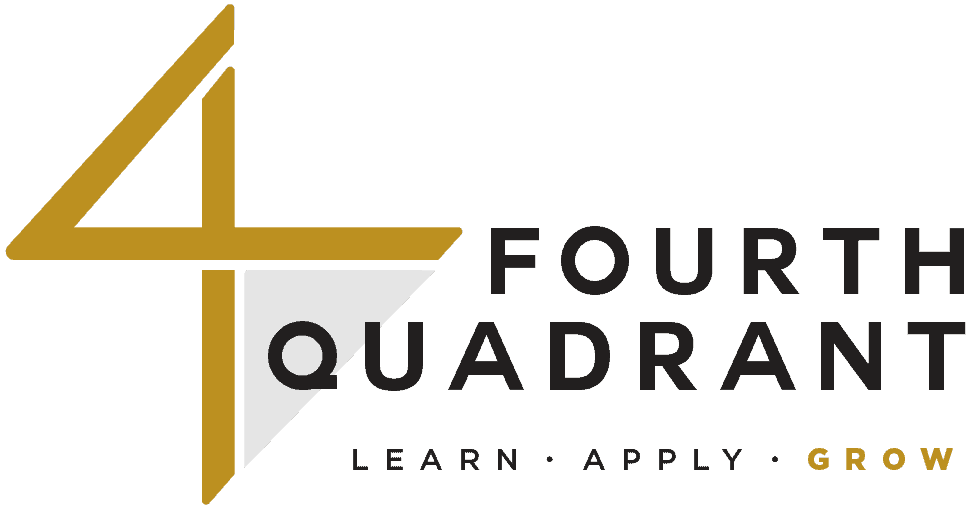Home > CSR
CSR
Home > CSR
CSR
Making a Difference
Entrepreneurship Development Program- NIESBUD
Plantation Drive
Placement Drive

Darshana Initiative
Our Darshana programme aims to brighten the girl-child’s future by providing her access to quality education. This is being done in collaboration with Nanhi Kali, the flagship programme of the KC Mahindra Education Trust, and is aimed at underprivileged girls with little or no access to quality education.
Project Nanhi Kali
Set up in 1996, the project was incepted against the backdrop of a spiralling population growth rate, low female literacy level and low female participation in the workforce. In addition, social issues such as child marriage and child labour were common place in many parts of India, especially in rural areas.
Over the years, Project Nanhi Kali has reached out to over 450,000 underprivileged girls across 14 states in India.

Contribute to one girl-child’s education. And educate two.
Away from the five metros and some urban centres, a different India exists. A country where the education of a girl child is often not a priority. Almost 132 million girls are out of school, and nearly 40 percent of adolescent girls do not attend school. To put this in perspective, the total number of out-of-school girls would make us the tenth-largest country in the world.
The COVID-19 pandemic has further escalated the issue. While the pandemic is tapering off, educating the girl child demands continual attention and action.
Our Goal
Our goal through Project Nanhi Kali is to fund the education of at least 100 girls every year.
Your contribution goes twice as far
For every girl child funded by a donor under the Darshana Initiative, Fourth Quadrant fund’s the education of an additional girl child. So, you contribute for one, but make a difference in the life of two.
Your details are kept strictly confidential as per our Privacy Policy.
To contribute request a callback
Your contribution goes twice as far
For every girl child funded by a donor under the Darshana Initiative, Fourth Quadrant fund’s the education of an additional girl child. So, you contribute for one, but make a difference in the life of two.
Your details are kept strictly confidential as per our Privacy Policy.










